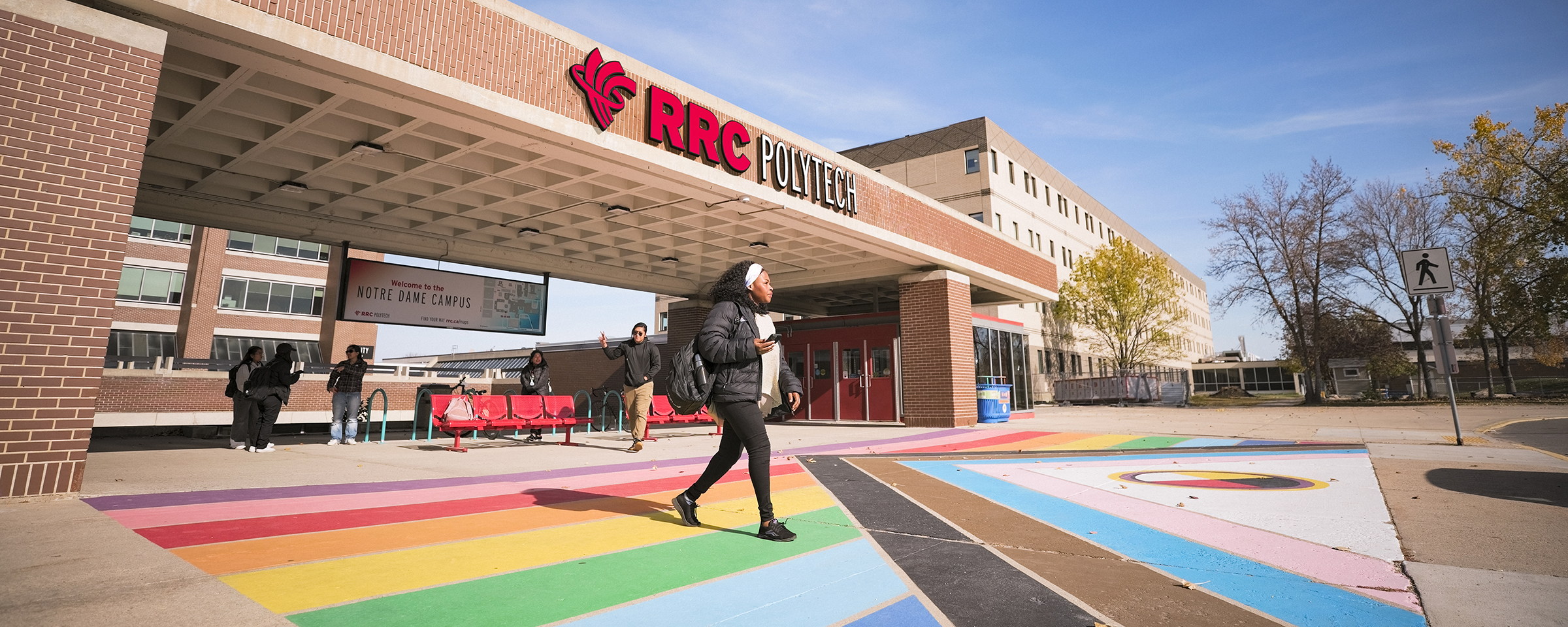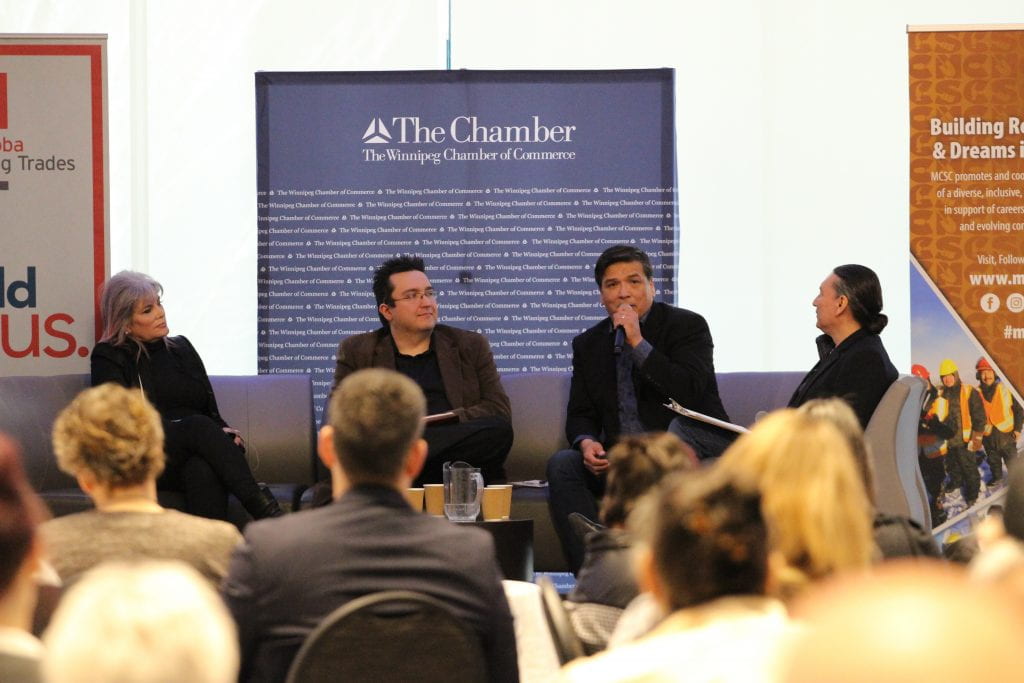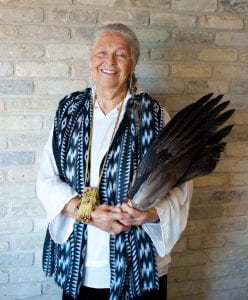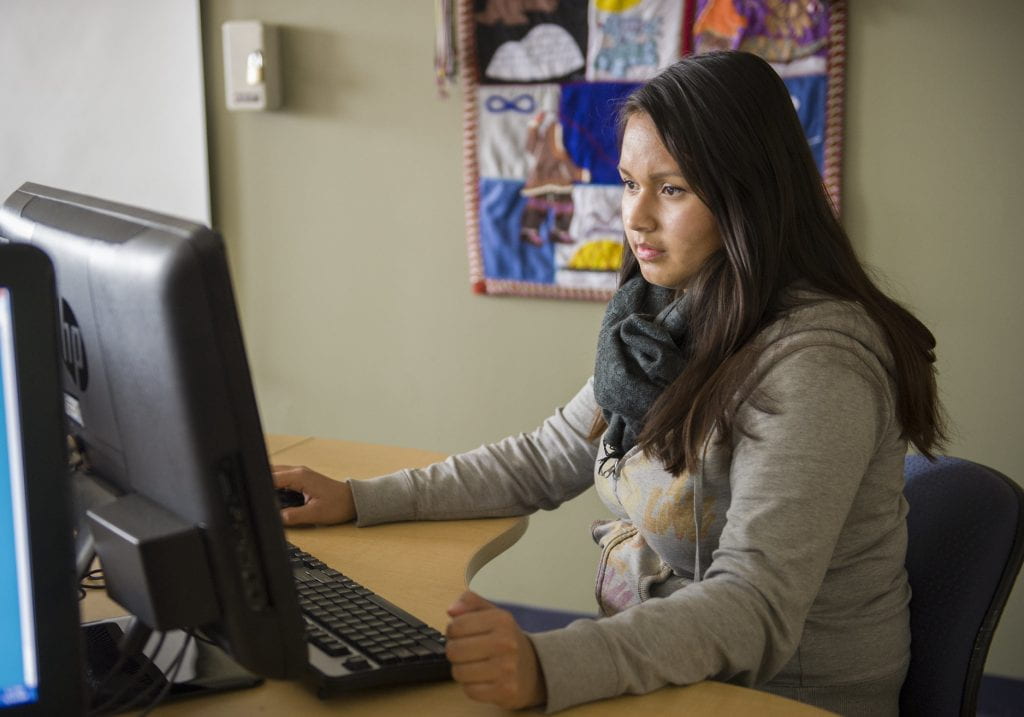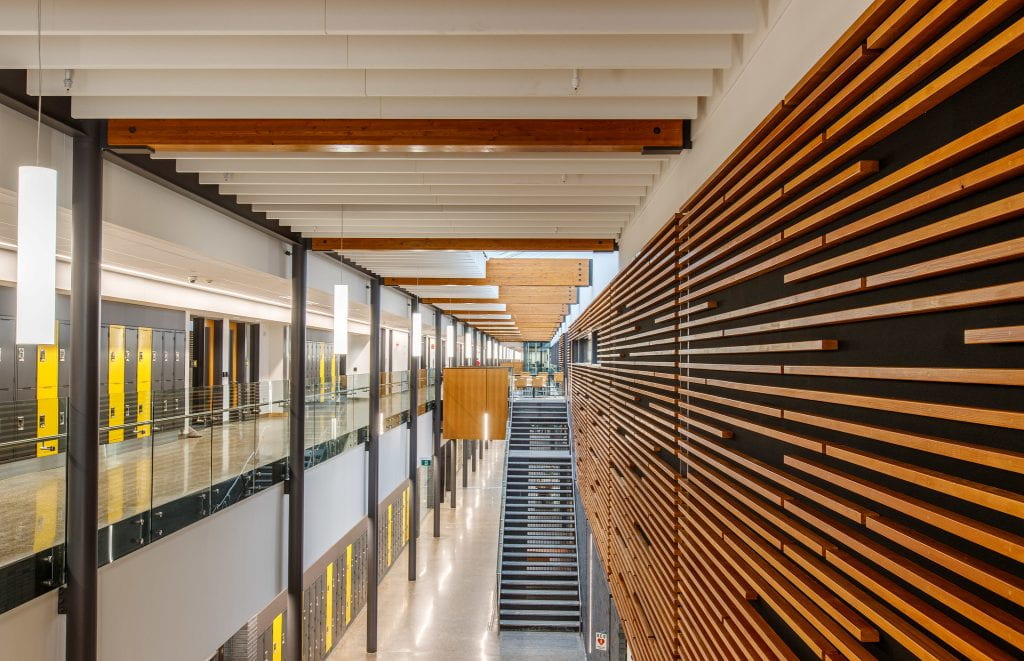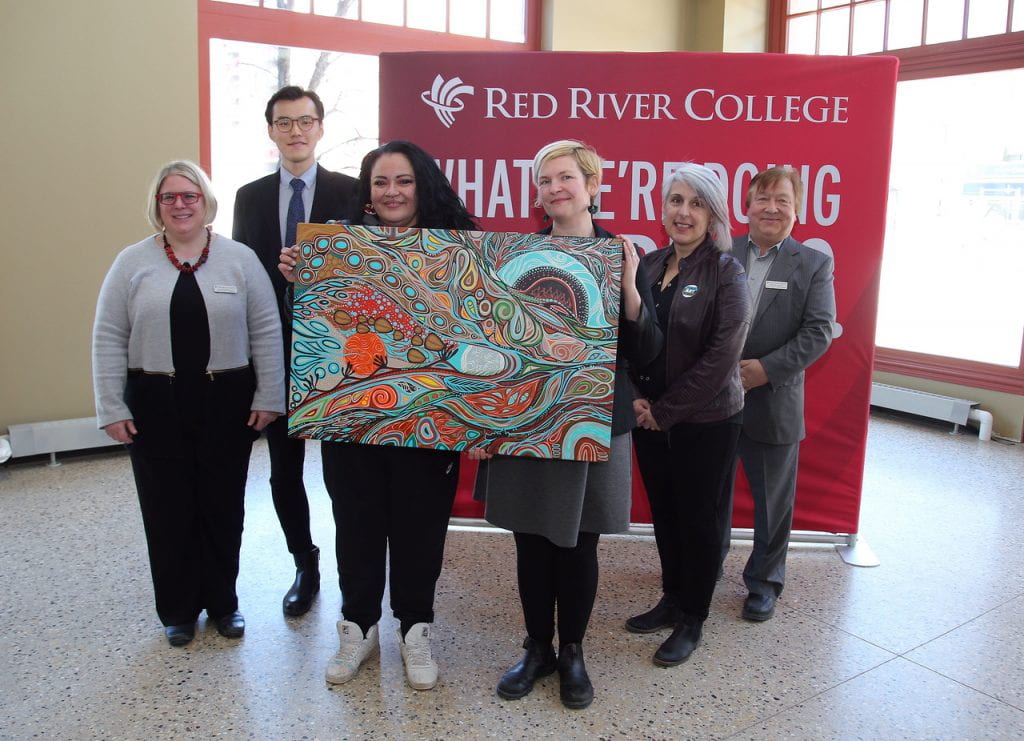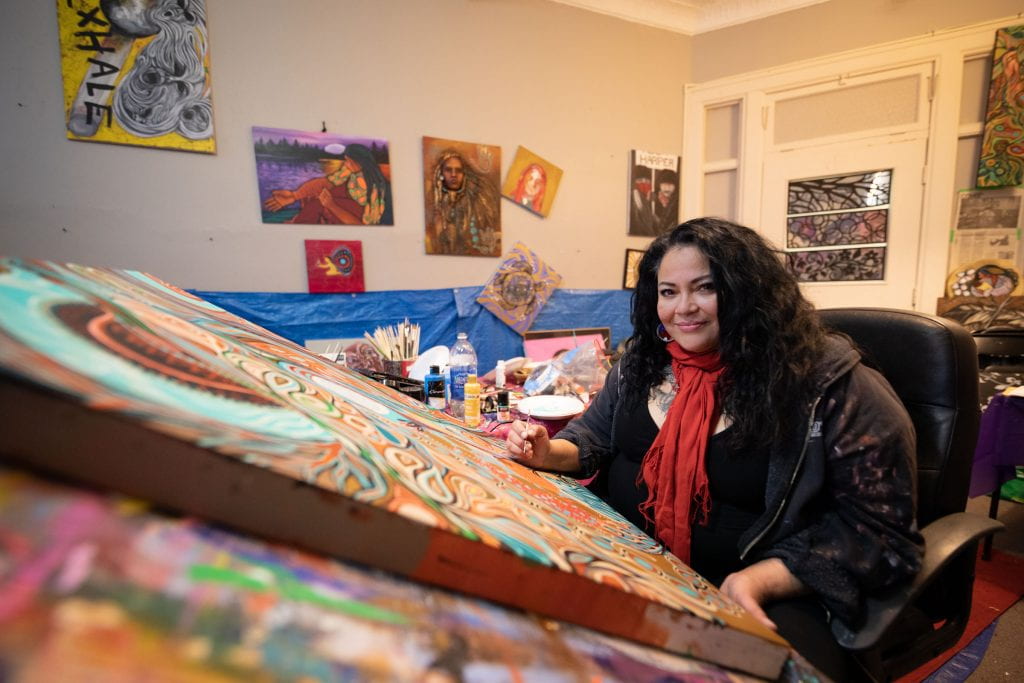RRC offers new micro-credentials to support reconciliation and relationship-building
A suite of new social innovation micro-credentials is the first offered by Red River College to help businesses and professionals build skills in embedding reconciliation efforts through effective and respectful consultation processes and relationship-building.
Micro-credentials are shareable endorsements of knowledge, skills or competencies that are awarded as digital badges. Under the umbrella of Social Innovation, RRC’s Indigenous Community Consultation and Engagement micro-credentials provide the knowledge and understanding to drive positive social change through strong, relationship-focused engagement with Indigenous nations and communities and a deeper understanding of the diversity of Indigenous peoples, Indigenous sovereignty, policies, principles and Treaty rights.
“When we look at reconciliation and Indigenous worldviews, it’s all about relationships,” says Carla Kematch, RRC’s Manager of Truth and Reconciliation and Community Engagement. “We can provide industry and professionals the foundation to build strong, reciprocal relationships with Indigenous peoples using guiding principles and processes, while simultaneously responding to the Truth and Reconciliation Commission of Canada’s Calls to Action in their work.”
The Indigenous Community Consultation and Engagement courses are open to both individuals — to start a rewarding career in community development and social innovation, or obtain necessary communications skills used in many professions — and to businesses, to help streamline processes, provide a competitive advantage, and guide work with Indigenous communities for mutual success.
Businesses and professionals will learn the historical and current colonial context — including the Indian Act, the Truth and Reconciliation Commission of Canada’s Calls to Action and the United Nations’ Declaration on the Rights of Indigenous Peoples — and how this impacts Indigenous communities and projects within their communities. Read More →
